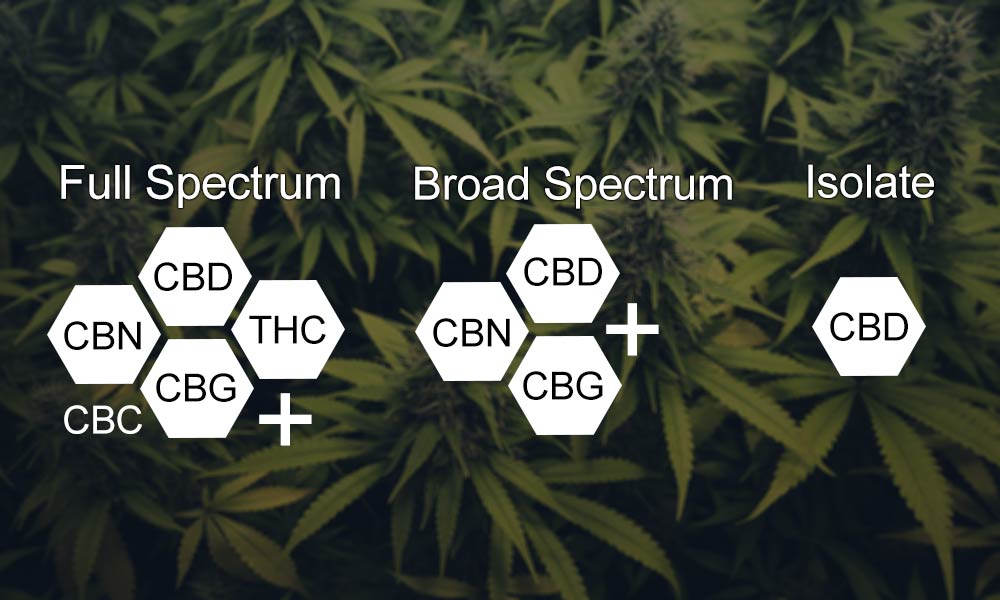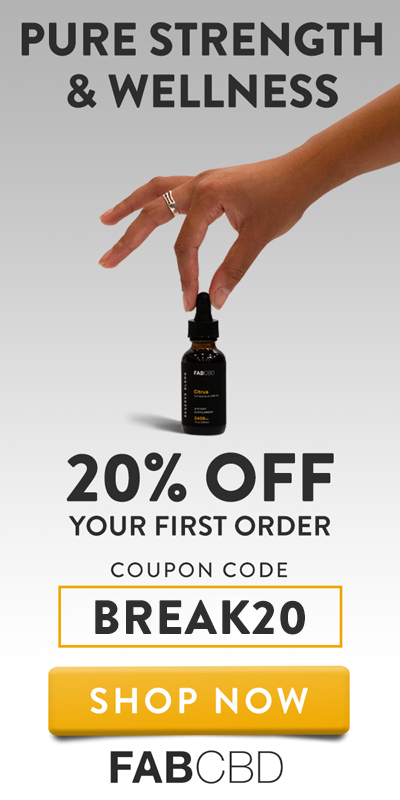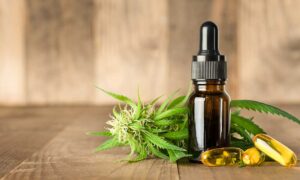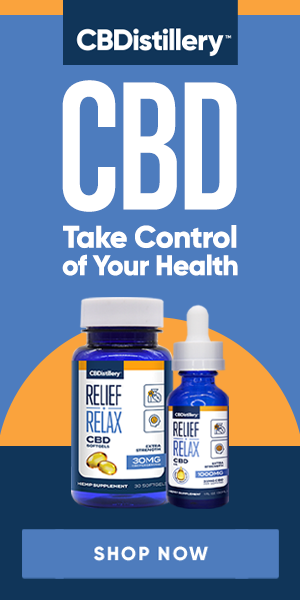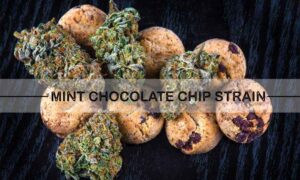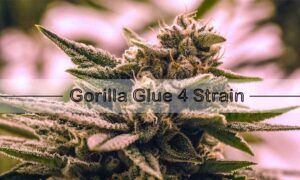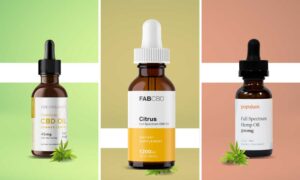These days more and more people are turning to CBD products to help them manage a whole range of wellness issues, from insomnia to anxiety reduction to safe pain relief. However, it’s not unusual for first-time consumers to be confused by the bewildering array of options and the terminology used to differentiate the different types of CBD. In this article, we’ll take a close look at the differences between the three main types of CBD. We’ll look at the benefits of full-spectrum vs broad-spectrum vs isolate CBD products, so you can be confident you’ll be making the best choice for you.
CBD Extract Types: Explained
Full Spectrum, Broad Spectrum, and Isolate refer to the range of chemical compounds found in CBD oils after they’ve been extracted from hemp plants. The different terms indicate the number of bioactive chemicals present, in addition to the so-called ‘primary’ cannabinoids CBD and/or THC.
Before we go further, let’s just define what we mean by CBD, THC, and a couple of other terms it will be useful to know.
- What is CBD?
CBD is a naturally occurring compound found in the leaves and resinous flower of the hemp plant, a plant with a rich history as medicine going back thousands of years. It is one of 120+ “phytocannabinoids” or chemical compounds which are present in the plant. CBD is safe, non-addictive, and does not produce any intoxicating effect.
- What is THC?
THC is the chemical compound that causes the ‘high’ that is associated with recreational cannabis use. When it is included in CBD products (more on that below), the legal limit is 0.3% of the active compounds- so at a level that won’t make you feel intoxicated, regardless of how much you take.
- What are Terpenes and Flavonoids?
Terpenes and flavonoids are responsible for the smells, flavors, and colors in plants. In terms of CBD oils, when these are present they give different products their distinctive aromas and tastes.
Full Spectrum vs Broad Spectrum vs Isolate: The Key Differences
Here’s a summary of the key differences between the three types of CBD products. We’ll go through these in more detail below.
| Full Spectrum | Broad Spectrum | Isolate | |
| Wide range of products | Yes | Yes | More limited |
| THC Content | 0.3% maximum | 0% | 0% |
| Range of compounds | All | Only THC removed | Pure CBD, all other compounds removed |
| Entourage Effect | Strongest | Medium | No |
| Suitable for Children * | No | Yes | Yes |
| Suitable for pets | No | Yes | Yes |
*If you’re thinking of using CBD with your child who is being treated for any health condition, it is recommended to discuss it with your medical practitioner in advance.
How is CBD Oil Extracted from the Hemp Plant?
There are various extraction methods used. These affect the final contents of the product, depending on how many active compounds remain in the final oil.
CO2 Extraction: This is a more advanced, and cleaner, method, and one which many of the higher-end CBD producers now prefer. Pressurized carbon dioxide is used to extract the required phytochemicals from the plant. There are two options: subcritical and supercritical.
Subcritical extraction involves low-temperature CO2 and is chosen when the priority is to obtain temperature-sensitive terpenes and oils. It is often used to obtain Isolate CBD.
Supercritical extraction uses higher temperatures and is faster. The end-product typically contains a greater range of phytochemicals, so would typically be used for full-spectrum or broad-spectrum oil.
Ethanol Extraction: This is perhaps the oldest method of extracting not just CBD, but all the cannabinoids from the hemp plant, so it’s often used for full-spectrum products.
Water/Ice/Steam: These are clean methods that produce high yields of a fine extract.
You can find more details about how CBD is extracted by following this link.
What is the Entourage Effect and Why is it Significant?
It’s increasingly believed that the therapeutic benefits of CBD are strengthened by the interaction of the range of chemical compounds which work in synergy.
In other words, it’s not how much of a single ingredient is present in a product that creates the helpful effect, it’s about how the chemicals work in combination with each other.
For example, a research paper published in 2020 suggested that CBD and THC, combined with terpenes, could be helpful in the treatment of mood and anxiety disorders due to this so-called ‘entourage effect’.
Even studies going back for as long as 10 years, such as one in the British Journal of Pharmacology, have found evidence to suggest that the interaction between CBD, THC, and terpenes may have a beneficial effect in respect of conditions such as chronic pain, inflammation, depression, anxiety, addiction, epilepsy, as well as fungal and bacterial infections (including methicillin-resistant Staphylococcus aureus).
This is why, when we’re considering full-spectrum vs. broad-spectrum vs isolate products, the first two are typically considered to have more powerful effects on the body than just the pure CBD isolate.
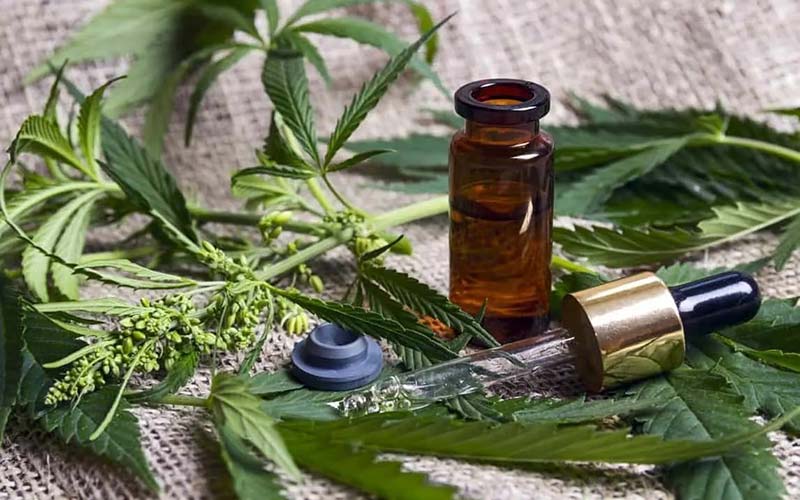
Full-Spectrum CBD: What is it?
Full-spectrum CBD oil products contain all the components of the cannabis plant, even the ‘minor’ cannabinoids, such as terpenes and flavonoids, which may only be present in trace quantities. That means it will also have small amounts of tetrahydrocannabinol (THC), which is the psychoactive compound associated with recreational cannabis use.
However, the full-spectrum products you can buy openly online or in stores will always contain less than 0.3% THC, so there are no legal concerns.
In certain states, where cannabis is fully legal, such as New Mexico, Connecticut, or Virginia, you may also be able to find full-spectrum products with higher levels of THC. However, just because you can buy them there doesn’t mean you can cross state lines with them, so if you’re traveling, check the regulations in the state you are going to.
Pros of Full-Spectrum CBD Oil Products
- Full range of the cannabinoids that provide many potential health benefits
- Packed with minerals, vitamins, protein, and even fatty acids (including omega 3s and omega 6) that are powerful antioxidants.
- Great for the skin as well as a support for overall wellness
- The cannabinoids in full-spectrum hemp extract help relieve sleeplessness, especially due to the aches and pains associated with aging.
- They also help relax the mind and body, which assists a healthy stress response and have been shown to reduce social anxiety.
- They have been shown to reduce inflammation and promote a strong immune response.
Cons of Full-Spectrum CBD Products
- Tend to be more expensive than isolate products (due to the ‘more bang for your buck’ principle).
- Legal issues. Some complex issues are surrounding the purchase of products containing more than 0.3% THC. You can buy oil that exceeds that federal limit in certain states, but you need to be cautious about transporting it to states which have not fully legalized marijuana. Even though such hemp products are different from marijuana, hemp is in fact a form of cannabis Sativa plant. So, the best advice is to purchase from a reputable online or in-store provider, who will have ensured that their products won’t cause you any legal issues.
- Drug-testing. Even though any reputable brand will carry out 3rd party lab tests on each batch, CBD is a natural product, so concentrations may vary. There is a small chance that traces of THC will show up on drug tests, so athletes and anyone whose profession subjects them to drug-testing, may want to avoid any potential issues. If you’re an athlete, looking at full-spectrum vs broad-spectrum, or even full-spectrum vs isolate, then broad-spectrum or isolate CBD are safer choices.
Best Use Cases
- If you’re looking for effective pain relief that’s fast, powerful, yet non-addictive, full-spectrum CBD is definitely something to try.
- Sleep and mood disorders such as anxiety, insomnia, and depression. If you are being treated for any of these, it is wise to inform your medical practitioner that you intend to use full-spectrum CBD oil, to avoid any unwanted interactions with your medication.
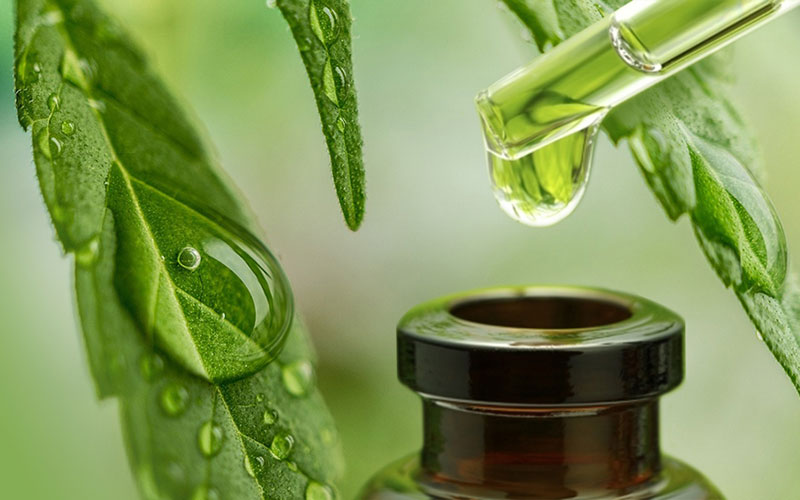
Broad Spectrum: Here’s the Break Down
Broad-spectrum CBD can be considered as a compromise for people who want the strength and powerful effects of full-spectrum products, and the purity of isolate. The main difference between full-spectrum vs broad-spectrum is that broad-spectrum products have all traces of THC removed.
Pros
- Also produces the benefits of the ‘entourage effect’ due to the presence of a wide range of cannabinoids, terpenes, and flavonoids in the oil.
- Broad-spectrum oil CBD contains the same healthy compounds as the full-spectrum product.
- As it contains no THC, there are no ingredients that could be a concern for people taking drug tests, eg. athletes or others whose job requires routine drug-testing.
- Studies suggest it could have the same, extremely positive effect on mental and emotional disorders and calm the mind.
- Research has also shown that broad-spectrum CBD has powerful anti-inflammatory properties.
Cons
- If you’re looking for the maximum possible benefit from the entourage effect, the absence of THC may reduce the overall results of the product. However, there are no studies that confirm this unequivocally.
- Some of the best-known quality brands don’t offer broad-spectrum options, so your choice in terms of the type of CBD products may be a little more limited.
Best Use Cases
When we look at the effects of broad-spectrum vs full spectrum CBD, they have similar uses, for example:
- Reducing anxiety
- Assisting restful sleep and reducing insomnia
- Providing fast topical pain relief for acute and chronic joint and muscle problems
- Assisting with certain skin conditions such as eczema, psoriasis, acne, etc
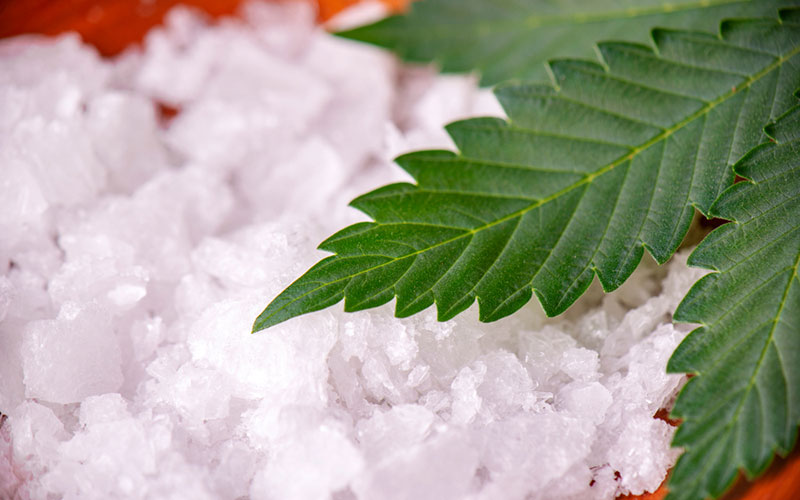
CBD Isolate: is it for You?
CBD Isolate is, as the name suggests, pure CBD, with all the other chemical compounds found in the hemp plant, removed.
Pros
- You can be certain there is no trace of THC in the product.
- If you have sensitivities to other compounds in full- or broad-spectrum CBD, this risk is removed
- Is perhaps the best choice for children, or anyone wanting only mild effects from their CBD.
Cons
- With all traces of other chemicals removed, users will not experience the benefits of the ‘entourage effect’
- Overall, is less powerful than full- or broad-spectrum CBD
- Limited range of producers and products available
Best Use Cases
- People with allergies to other compounds found in hemp oils
- Children: the effects are milder and there is no risk of harm from long–term micro-dosing of THC (which still has to be studied in depth)
- Pets: as it’s impossible to evaluate the effect of CBD on animals, it may be wise to take a cautious approach and avoid the inclusion of any trace of THC in the product.
If you use a CBD isolate and find it doesn’t have your desired effect, it might be worth trying a full-spectrum CBD product, which will also contain terpenes and other cannabinoids, including small amounts of THC.
CBD Products With Different Extracts
CBD is available in oral capsules, oils, tinctures, topical creams, and salves. These days, there are also great choices for CBD edibles, with gummies coming in a wide variety of shapes and delicious flavors. It’s even possible to buy CBD treats for dogs.
You can find any of these options in full-spectrum, broad-spectrum, and isolate versions, as different brands tend to focus on one variety, depending on the method of extraction they use.
Which CBD Type is Best for You?
When you’re using CBD products for the first time, and trying to decide between full-spectrum vs broad-spectrum vs isolate, be prepared to experiment to decide which type best meets your needs.
When buying CBD you have two choices. Either pick some up from a physical store or shop online. Both have advantages and disadvantages.
In a physical store, you have the benefit of being able to touch and possibly test out the product before you buy. You can decide whether you like the fragrance and even the packaging. The clerk may be knowledgeable and able to give you advice based on feedback from other customers. However, your choice of brands will likely be limited.
When you shop online, you won’t be able to test before you buy. However, what buying online does give you is the ability to compare brands and choose one which matches your expectations in terms of quality, price, and variety
Also, in most cases, when you buy direct from the manufacturer, they offer an extended, money-back guarantee. So, if the product you choose doesn’t achieve the effect you want, you can return it for just the cost of shipping. While you’re in the ‘try-it-and-see’ phase, deciding whether strong CBD oils or milder isolates are best for you, this can be an important factor.
Summary
Consumers are increasingly turning to CBD oil to support their wellness and an active lifestyle. CBD works in a way that nothing else seems to – regardless of whether it’s full-spectrum, broad-spectrum, or isolate. Whichever type you choose, it’s good to know that there are no harmful side effects to worry about.
When you’re starting using CBD for the first time, do a little research, and you’ll definitely be able to find a great supplier with the best products for your needs. Being aware of the pros and cons of the different types will help you select the best choice for your needs.
Experiment, choose a delivery method you’ll enjoy and experience the many benefits that using CBD will bring for you and your family.
FAQs
- Does CBD have any harmful side effects?
CBD hasn’t been shown to cause serious side effects. However, no two bodies are the same, so it makes sense to be a little cautious when using CBD for the first time. Test it out, judge the effects, and if you want, move to a broad- or full-spectrum product. To be on the safe side, don’t use CBD in the following cases:
Pregnancy: studies are limited. However, to avoid any issues, pregnant and lactating mothers are advised not to use CBD oil.
Schizophrenia: to avoid the risk of any interaction with other drugs
Smoking: especially if you have breathing problems, persistent cough, or bronchitis.
Also, if you’re using prescription medications, you should discuss the CBD product you’re planning to use with your doctor, to avoid the risk of any unwanted interactions with your current prescriptions.
- Will I get addicted to CBD?
In a Pre-Review Report (2017), the World Health Organization (WHO) states that “evidence from well-controlled human experimental research indicates that CBD is not associated with abuse potential.”
So the short answer is no.
- What is 3rd party testing?
Reputable brands test each batch of their product and make the lab results available to customers. Hemp is a natural product, and the components will vary. The analysis will show you the proportion of CBD, THC, and other active compounds found in the batch you’ve bought from. First, you’ll know whether you’re getting the right amount of CBD, and secondly, you’ll be reassured that the amount of THC is within legal limits. Or, in the case of broad-spectrum and isolates, that it isn’t present at all.

